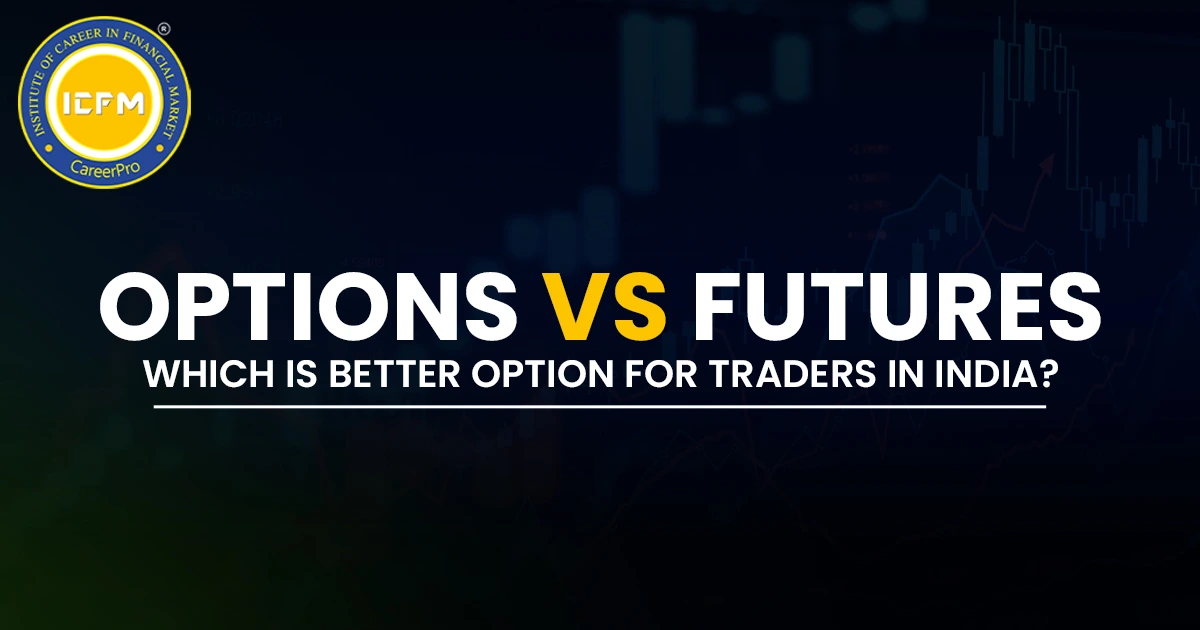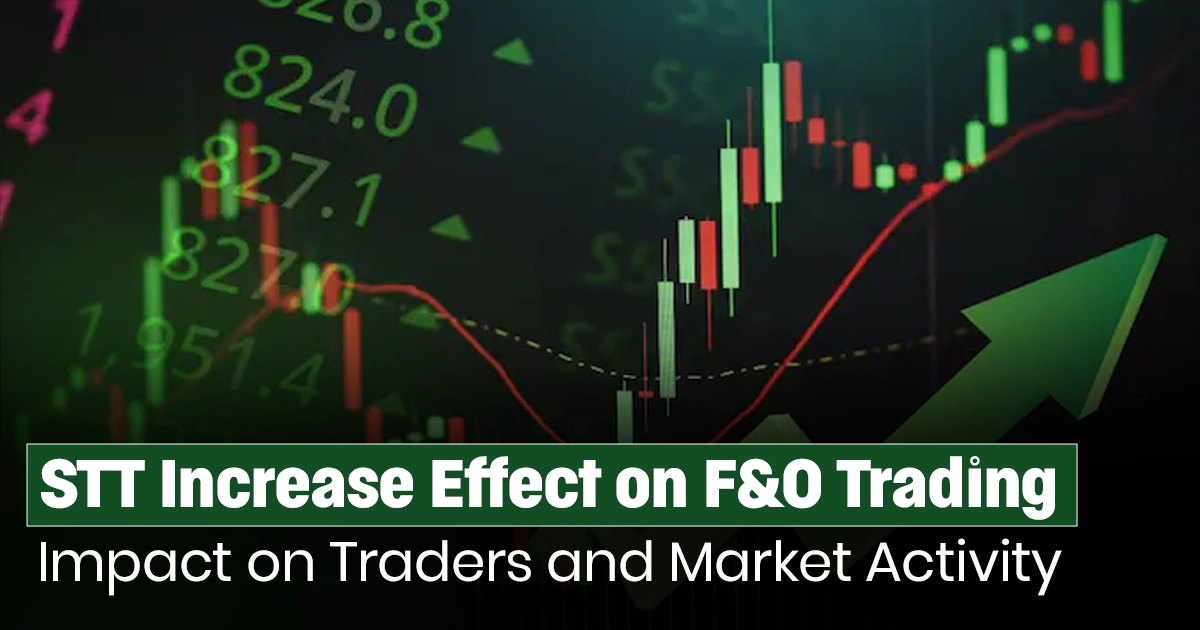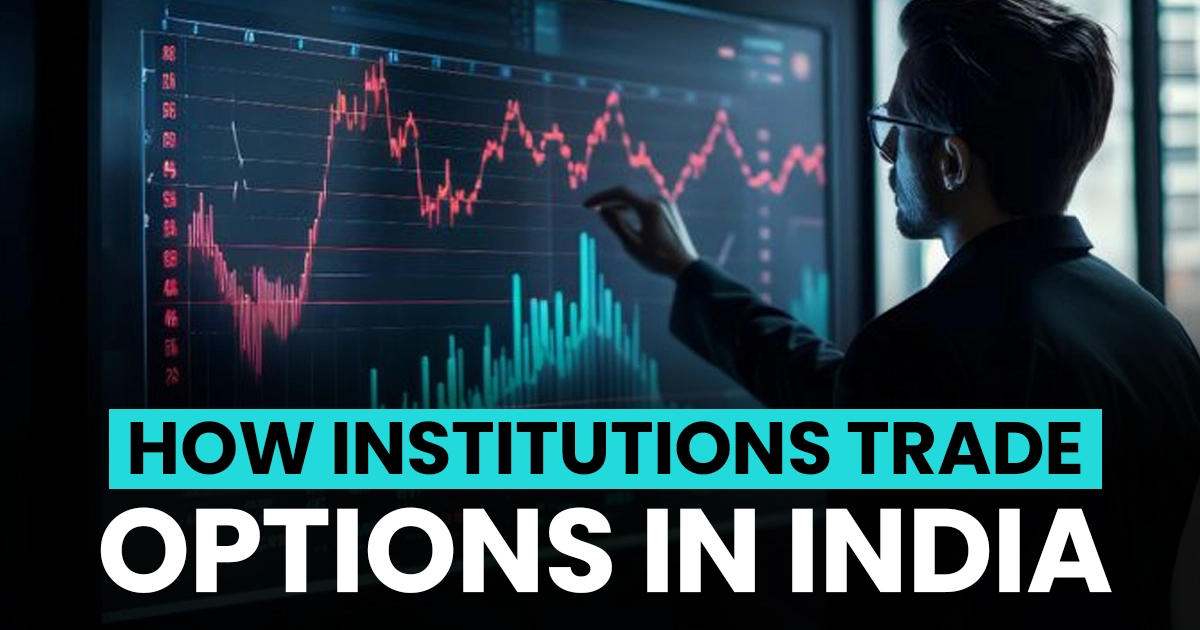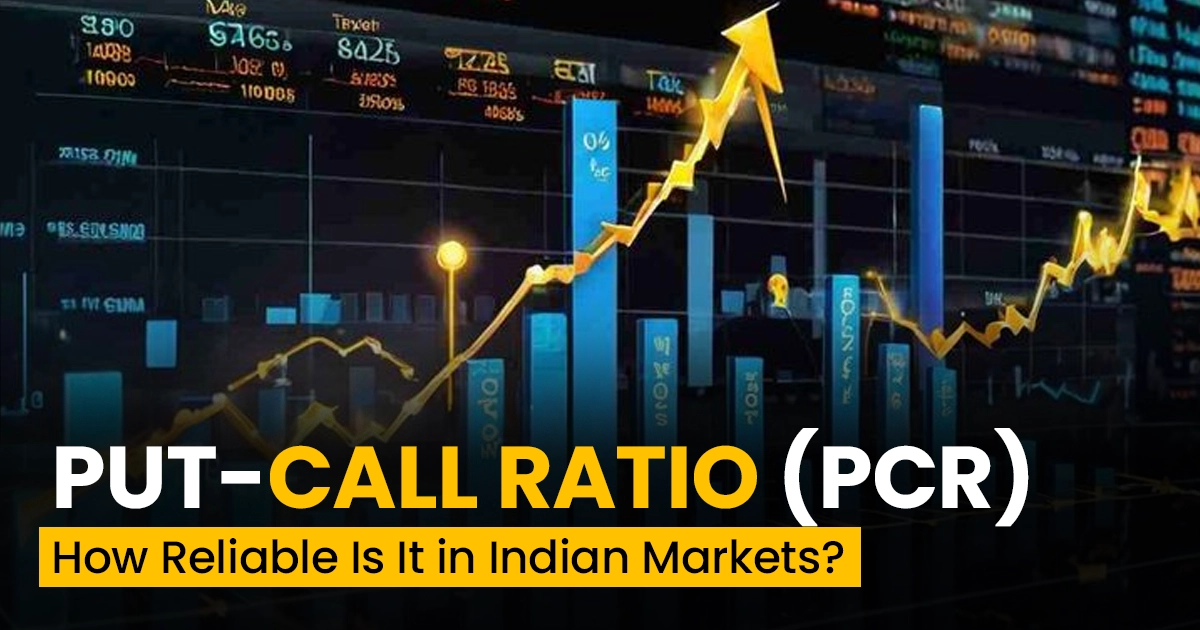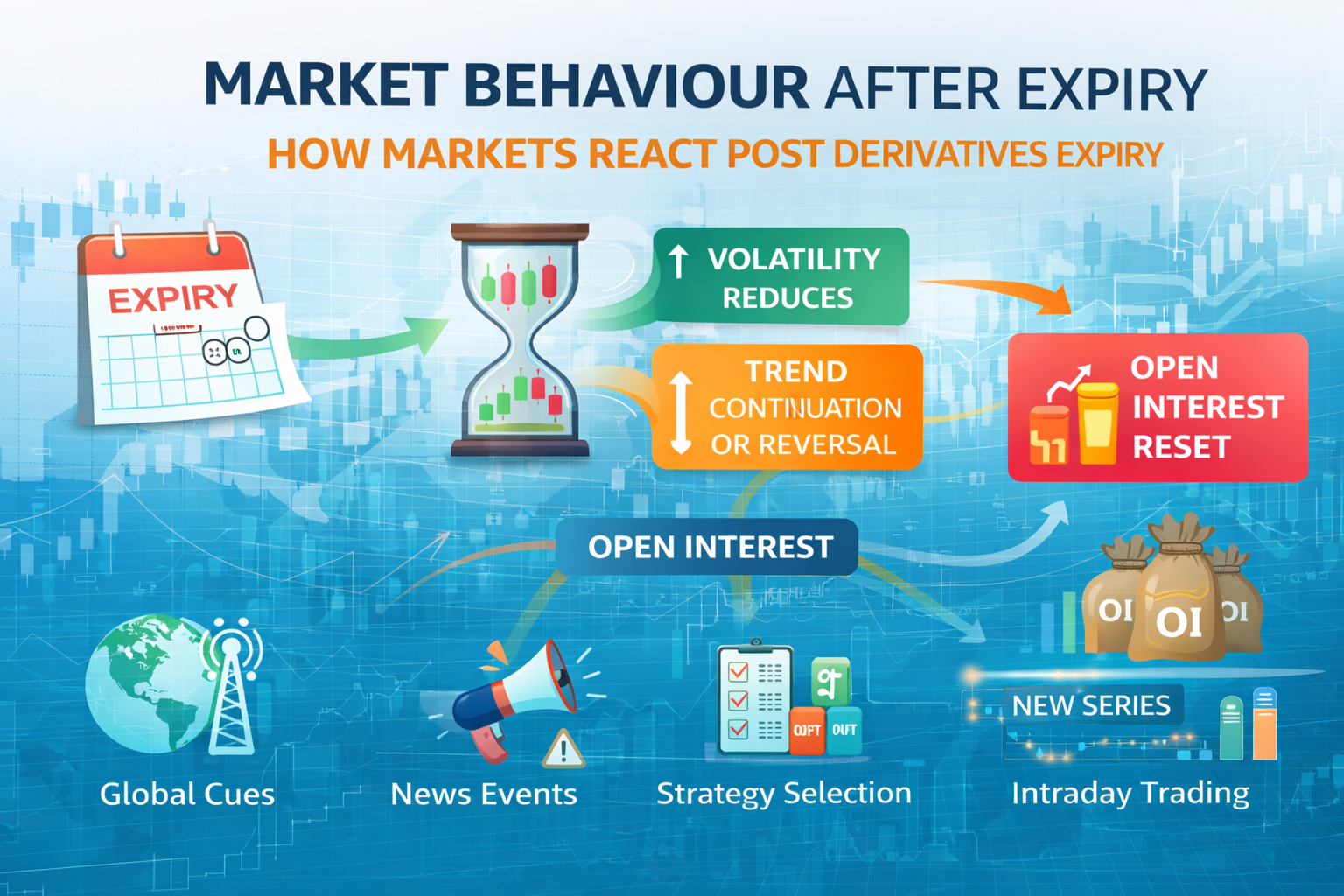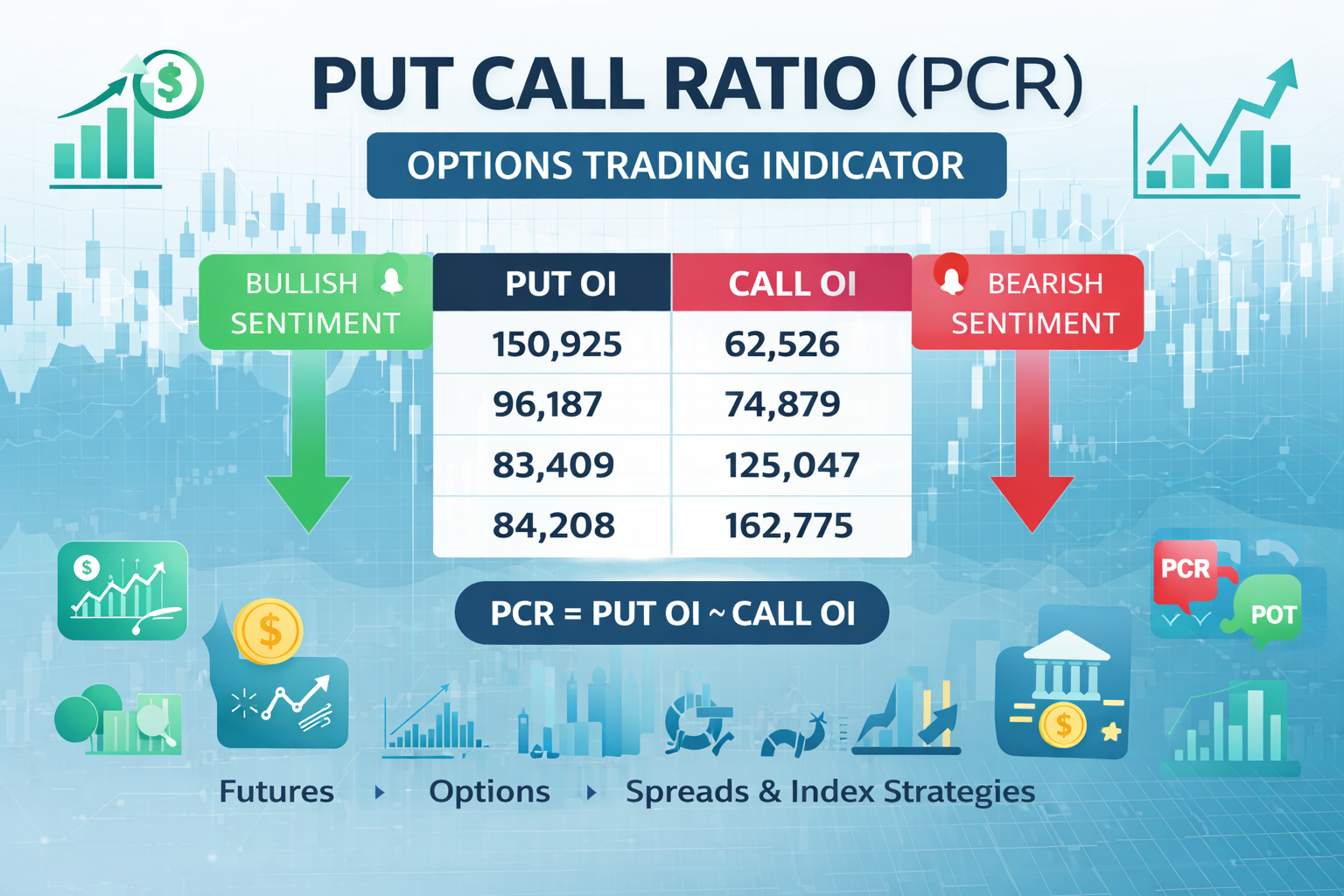Options vs Futures: Which is the Better Option for Traders in India?
Derivative trading remains the favourite way for most people when take advantage of a market swing, and these mainly include highly traded products, which are commonly accompanied by other options. Each of them facilitates profit extraction via price fluctuation in an underlying asset. There are risk profile, strategy, and even purpose differences that mark them. In India, where the derivative market is rapidly growing, traders must understand the key differences between these two instruments before making a choice.
In this blog, we’ll compare options and futures to help Indian traders determine which one might be a better fit for their trading goals.
1. Basics of Options and Futures
Options:
• Definition: An option is a financial contract granted to the buyer that gives them the right, but not a legal obligation, to buy (Call) or sell (Put) an underlying asset such as stocks, indices, or commodities at a stipulated price, referred to as the strike price, on or before a specific date, which is referred to as the expiration date.
• Types of Options:
Call Option: The right to buy the underlying asset at the strike price.
Put Option: The right to sell the underlying asset at the strike price.
Futures:
•Definition: A futures contract is a standardized agreement between two parties to buy or sell an underlying asset at a predetermined price at a specified time in the future. Unlike options, futures contracts come with an obligation to fulfil the contract.
2. Key Differences between Options and Futures
Feature of Options and Futures
Obligation The buyer has no obligation to exercise. Both the parties are bound by the contract. Risk Profile Low risk for buyers as the premium is paid. High risk for both parties as losses are more than the initial investment. Leverage Options provide leverage with limited risk. Futures also provide high leverage, but the risk is unlimited. Cost The buyer pays a premium for options. Futures contracts generally demand a margin to be kept.
Profit Potential Dependent on the movement of the underlying asset with a limited amount of loss involved. The potential profit and loss based on the movement of the asset is unlimited.
Expiration Date Options have a set expiration date. Futures also have a set expiration date
Use Case Hedging, Speculation, income generation Hedging, Speculation, arbitrage
3. Options vs. Futures Risk and Reward
Options:
•Lowest Risk for Buyer: The greatest risk when a buyer purchases an option is the premium paid to acquire the contract. This explains why options have become a very attractive investment for buyers who want to limit their risk on the downside.
• Profit for Buyers: It is highly restricted to just the premium that has been paid and can be astronomical if the underlying asset moves quite a lot in the direction of the option (in-the-money).
•Risk to Sellers: The selling of options, sometimes referred to as writing options can be at a risk of unlimited losses. In this case, selling naked call puts the seller vulnerable to infinite loss if the underlying asset price hits the roof
Futures
•Unlimited risk and reward: Futures trading involves unlimited risk because under the contract obligation, it is necessary to buy or sell the underlying asset at the expiration contract term regardless of price movement. Losses from losing in the market can balloon much beyond the initial margin if the market goes against your position.
•Leverage: Futures contracts allow for more leverage; you can have control over a big position using comparatively small capital. This increases the possibilities of gains and losses, both.
4. Cost of Trading: Options vs Futures
Options:
• Premium: You pay a premium for a call or put option, which is the price of the option. This premium depends on factors such as the price of the underlying asset, time to expiration, and market volatility. The cost can be viewed as the "price" of the right to trade.
•Brokerage and Commissions: Options trading, because of the complex pricing of options, involves relatively higher brokerage, though margin requirement remains lower than in futures.
Futures:
•Margin Requirements: The margin in futures trading refers to the amount of money which a trader needs to keep in his trading account to open a particular position. The margin amount can be as low as 5-10% of the value of the underlying asset.
•Transaction Costs: Options trading often comes with significantly more transaction cost as compared with Futures. At the same time, this pattern of cost structures would be increased, if for example, leveraging positions are traded over a time frame because it entails maintenance margins.
5. Best-Case Scenarios To Trade Options Than Futures in India
When to Select Options:
1. Low-Risk Tolerance: If you have low-risk tolerance but would still love to be on the right side of massive price movements, then options are perfect. Options are also used by traders for hedging an existing position.
2. Speculation of Volatility: Options make a trader experience significant price movement in the underlying asset. These occur when volatility is there.
3. Income Generation: Selling options (writing options) generate income through premium collection, although this strategy is suitable for experienced traders only.
When to Invest in Futures:
1. Hedging: Futures are frequently used by institutional investors and business houses to hedge against various types of price fluctuations in commodities, currencies, or interest rates.
2. Strong Market Views: If you have a strong opinion on the future direction of the market, futures allow you to potentially gain more from price movements compared to options.
3. Long-Term Positions: Futures contracts are also beneficial for long-term exposure, especially for traders looking to capitalize on sustained trends in the market.
6. Regulatory Environment in India for Derivative Trading
Both options and futures are regulated by the Securities and Exchange Board of India (SEBI) and traded on prominent exchanges such as the National Stock Exchange (NSE) and the Bombay Stock Exchange (BSE). Indian traders can access derivatives through these exchanges where robust mechanisms ensure transparency and fairness in trading.
7. Conclusion: Which is better for Indian Traders?
Ultimately, it will depend on the risk tolerance of the individual trader, his or her trading goals, and strategy whether options or futures are better.
•Options are more suitable for traders who like limited risk and require flexibility, especially in volatile markets.
•Futures are more appropriate for traders who can take more risk and who seek higher profit potential through leverage and mandatory obligations.
Both options and futures are money-making avenues in India's derivative markets. But before actually engaging in them, both would demand prior knowledge about their characteristics and risk factors. Whichever instrument you choose, always trade responsibly, manage the risk well, and keep updated with the market trends and regulations.


